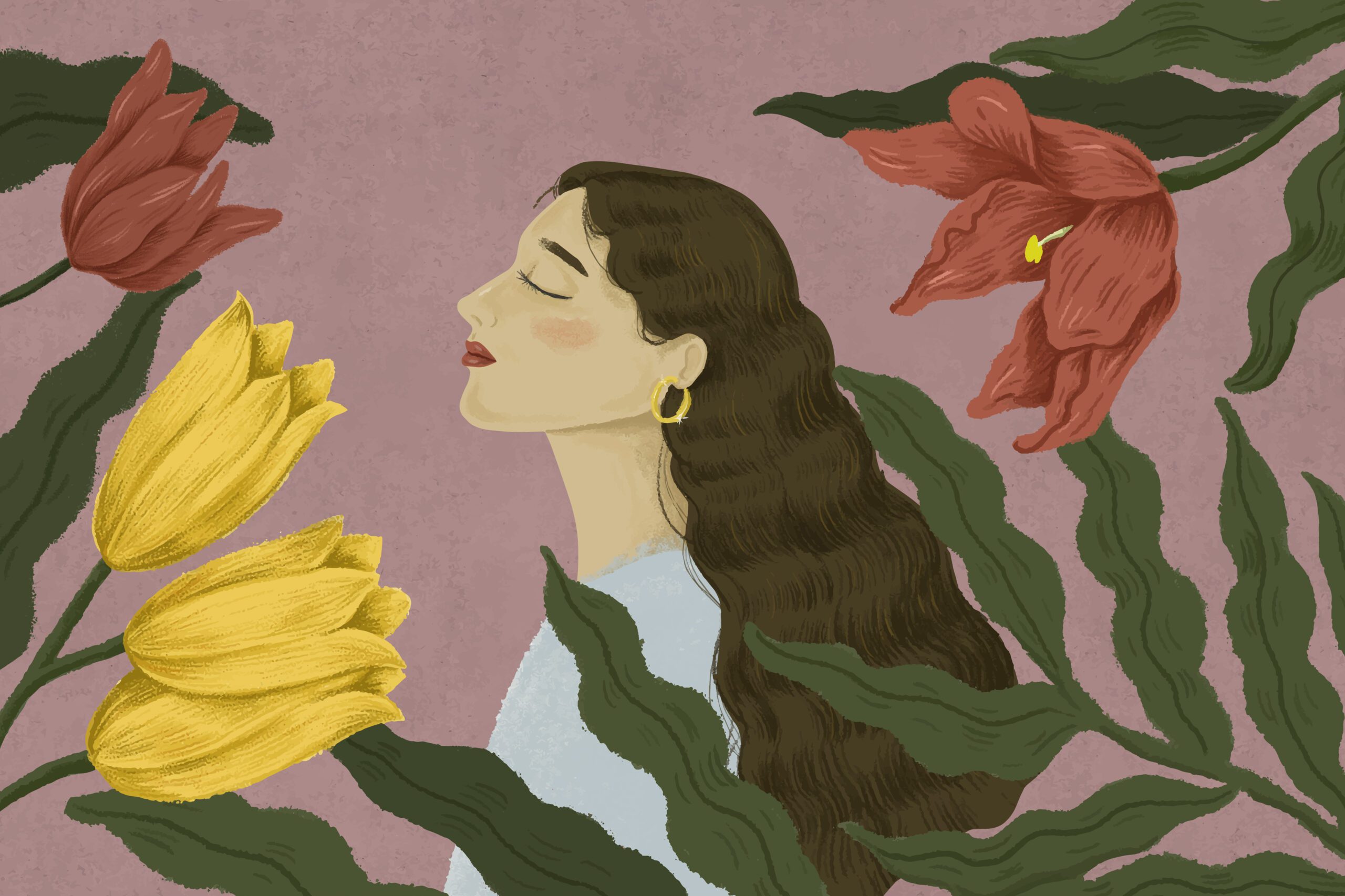
Somewhere along the way, “girl” stopped being just a noun and a phase of life. It became a punchline, an aesthetic, a TikTok trend, even a personality. We don’t just have girlhood anymore; now we “girl math,” eat “girl dinner,” and use “I’m just a girl” to soften responsibility. It’s fun, playful and relatable.
And yet, something feels… off.
We’ve all laughed at these jokes at some point. I know I have. There’s comfort in seeing thousands of strangers share the same ridiculous little habits you thought were just yours. It feels like a community. But even when we feel seen and even when we laugh, the implications linger. Humour shapes society and the world we live in.
Look at “girl math.” At first, it’s hilarious.
Discounts? That’s profit.
Cash? Not real.
A $100 bag over 20 uses is only $5 per wear? Practically free
I’ve done mental gymnastics countless times to justify my purchases. But underneath the joke lies an age-old stereotype: women are bad with money. It sits alongside the other stereotypes, like “you cry like a girl,” that are deeply offensive, yet somehow, girl math gets a free pass simply because it’s packaged as a relatable joke. It reduces women’s choices to quirks. Irresponsible decisions become inherently “girl,“ cute, whimsical, and flawed.
“Girl dinner” is similar. It’s funny because it can be familiar: sometimes dinner really is just cheese and crackers, or cereal and fruit, or straight-up spoonfuls of peanut butter. Making a full dinner takes time and isn’t always an option. But when glorified online, it takes a darker turn. It risks normalising nutritional neglect, blurring lines with disordered eating, and painting an idea that women are not responsible enough to take care of themselves. What started as a lighthearted trend risks reinforcing the false idea that women are whimsical, flaky people.
Then there’s “I’m just a girl.” It sounds harmless, even self-aware. But scroll long enough and it becomes a get-out-of-jail-free card to excuse mistakes, incompetence, or bad decisions. Strip down the laughs, and the joke boils down to: “Of course I messed up, I’m a girl.”
To me, this is what makes “girl” trends so conflicting. On one hand, they’re about creating community, having shared experiences, and embracing self-awareness. There is something powerful in laughing at yourself with people who understand you. I, too, am a victim, having found comfort and identity in these jokes even as they reinforced false stereotypes. Here’s the catch: jokes don’t protect us from stereotypes. I don’t believe women participating in these trends are actively reinforcing them or truly think these moments are inherently “girl.” They’re poking fun at themselves, questioning consumerism, and more. But when these jokes go viral, they stop being personal stories; they start shaping a collective image of girlhood.
There is an economic angle to this as well. Social media doesn’t just make these jokes go viral; it creates an opportunity for monetisation. When “girl math” goes viral, it aligns with the many products marketed as “girl” essentials. The humorous language directly feeds into the cycle of overconsumption, positioning women as powerless consumers overtaken by their “feminine desire to shop.” It’s hard not to notice how capitalism thrives on these stereotypes.
So, do these seemingly silly internet jokes really matter? Maybe the real question is: what do we as a society refuse to acknowledge? Humour doesn’t erase the politics behind these trends. In fact, it helps them effectively seep into the cultural zeitgeist. We need to be aware of the societal implications, even when they look playful.
I’m not saying we all need to log off and stop laughing. In fact, I’ll probably find myself chuckling at one tomorrow. What I am advocating for is a critical approach. We can enjoy the communities these trends foster, but remember to recognise the implications. Differentiate what’s relatable from what’s regressive. We have a responsibility to critically engage with these trends and their societal implications.
The trends we laugh at today shape the world we live in tomorrow.
Girlhood can be fun and silly, sure. But what does it say about us if we only ever see it that way?